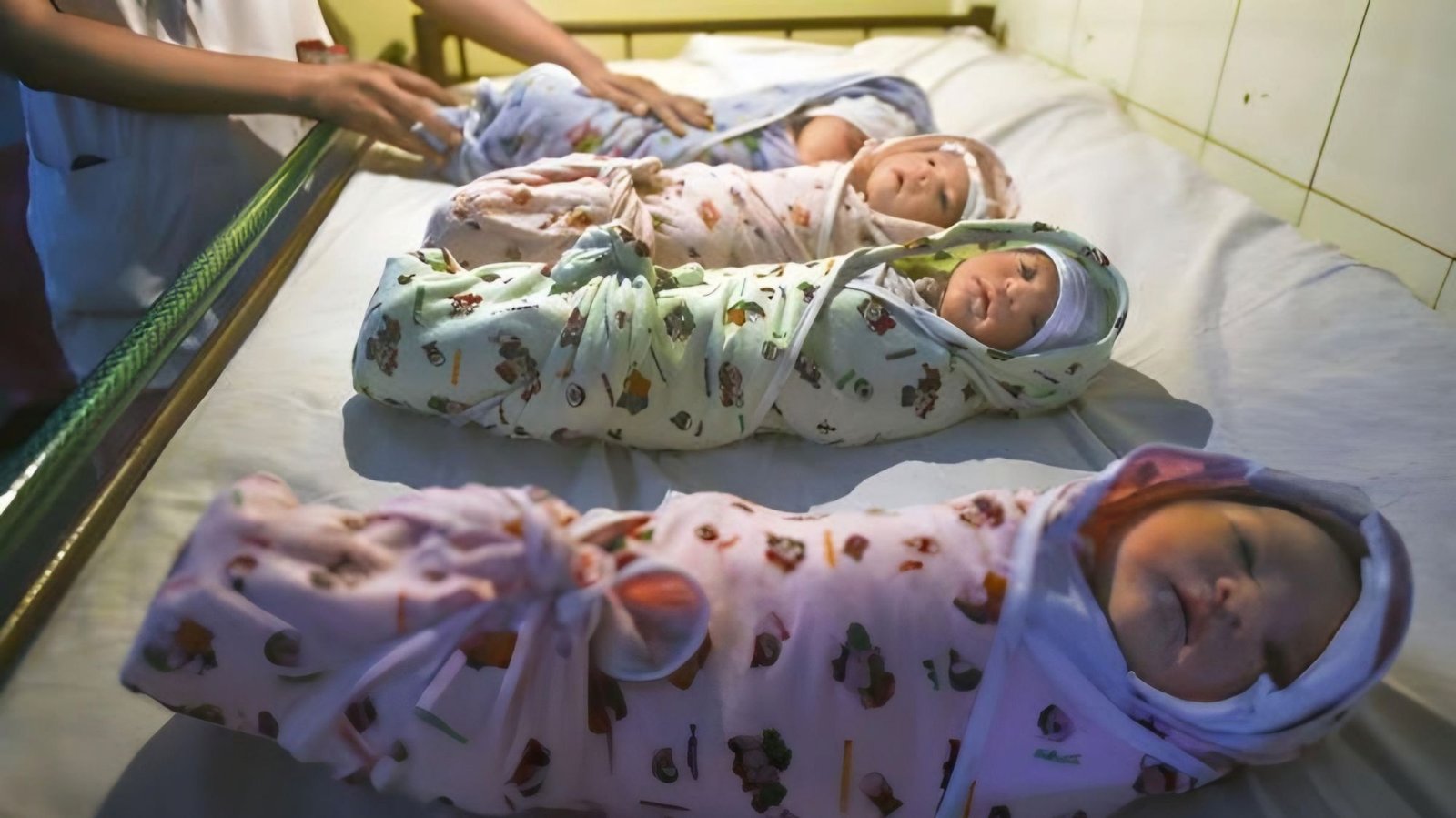
Under 100 Words: A Compact Summary
Booyoung, a leading South Korean construction group, introduces a pioneering solution to combat the nation’s declining birth rates by offering employees a $75,000 annual bonus per child. This bold initiative aims to alleviate financial burdens, encourage family planning, and contribute to South Korea’s long-term demographic sustainability amidst economic challenges (South Korea Baby Bonus).
Booyoung’s Bold Initiative: Tackling South Korea’s Demographic Crisis
Booyoung, a prominent South Korean construction group, has recently made headlines with its groundbreaking initiative aimed at addressing South Korea’s pressing demographic crisis. In a move that has captured widespread attention, Booyoung has announced its decision to provide its employees with a substantial annual bonus of $75,000 for each child they have. This innovative incentive is designed to encourage its workforce to start or expand their families, thereby contributing to efforts to combat the country’s plummeting birth rate.
The Challenge of Falling Birth Rates in South Korea
South Korea is grappling with a profound demographic challenge characterized by alarmingly low birth rates. According to recent government data, the total fertility rate in South Korea has plummeted from 0.78 in 2022 to a projected 0.68 this year. These figures fall significantly below the 2.1 threshold considered necessary by the Organisation for Economic Co-operation and Development (OECD) to maintain a stable population.
Despite considerable investments in pro-natal policies and various government initiatives aimed at reversing this trend, South Korea remains the only OECD member with a fertility rate below 1. Factors contributing to this decline include soaring childcare costs, exorbitant property prices, job insecurity, and the demanding nature of the country’s education system. Additionally, challenges faced by working mothers in balancing career and family responsibilities have further exacerbated the issue.
Booyoung’s Bold Response
Against this backdrop, Booyoung’s decision to offer a generous annual bonus to employees for each child they have represents a bold and proactive response to South Korea’s demographic crisis. By providing substantial financial support, Booyoung aims to alleviate the economic burdens associated with raising children, thereby empowering its workforce to make family planning decisions with greater confidence and security.
Addressing Employees’ Concerns
Booyoung founder Lee Joong-keun’s acknowledgment of the potential consequences of South Korea’s persistently low birth rate underscores the urgency of the situation. In his address to employees, Lee highlighted the critical importance of reversing this trend to prevent the nation from facing demographic extinction (South Korea Baby Bonus). Booyoung’s initiative not only serves as a testament to its commitment to its employees’ well-being but also reflects a broader recognition of the societal implications of the declining birth rate.
Government Efforts and Economic Implications
While Booyoung’s initiative represents a significant step towards addressing South Korea’s demographic challenges, it is essential to recognize the broader context within which this issue unfolds (South Korea Baby Bonus). The South Korean government has invested substantial resources in various programs aimed at incentivizing couples to have more children, including financial incentives, childcare services, and support for infertility treatments.
However, despite these efforts, the country continues to grapple with the dual challenges of an aging population and declining birth rates (South Korea Baby Bonus). Economists have warned of the significant fiscal hurdles facing South Korea as it seeks to support its rapidly aging populace (South Korea Baby Bonus). Projections indicate a substantial decline in the working-age population over the coming decades, which could have profound implications for the country’s economic growth and sustainability.
Lessons from Japan
South Korea’s demographic predicament bears striking similarities to that of its neighbor, Japan, which has also experienced a precipitous decline in birth rates and population growth (South Korea Baby Bonus). Prime Minister Fumio Kishida has sounded the alarm on Japan’s low birth rate, recognizing it as a significant threat to the country’s societal functioning and economic vitality.
In Japan, efforts to reverse the declining birth rate have thus far proven challenging, with the number of births falling for the eighth consecutive year in 2023 (South Korea Baby Bonus). The Japanese government has implemented various measures to incentivize childbirth, yet the trend persists, underscoring the complex nature of the issue.
Conclusion
Booyoung’s decision to offer a substantial annual bonus to employees for each child they have represents a bold and innovative approach to addressing South Korea’s demographic crisis (South Korea Baby Bonus). By providing financial support and recognition for starting or expanding families, Booyoung is not only investing in its workforce but also contributing to broader efforts to sustain the country’s population and ensure its long-term prosperity.
ALSO READ – Latest Chinese EV Models Unveiled at Bangkok Motor Show.